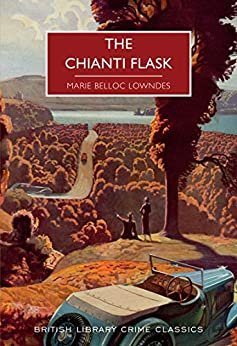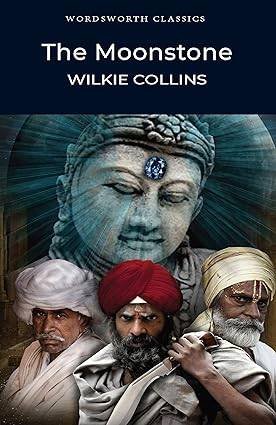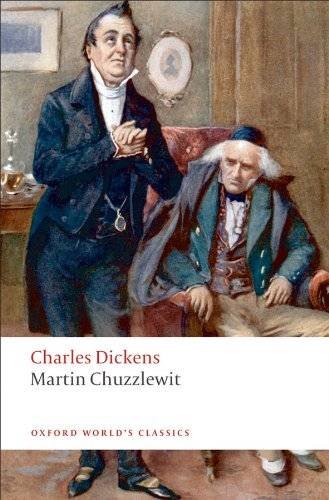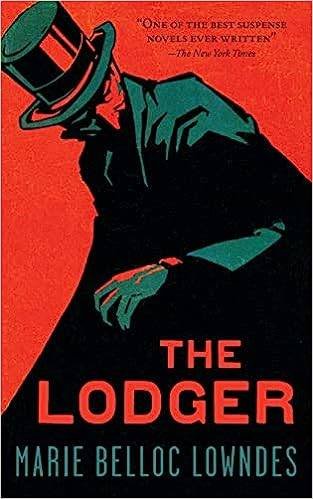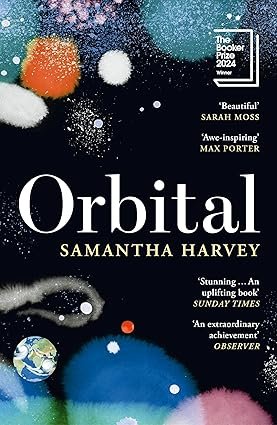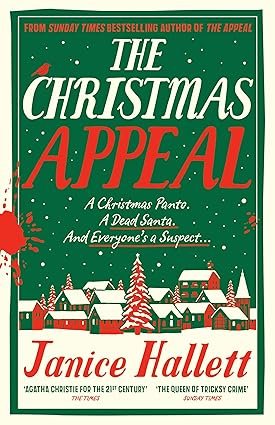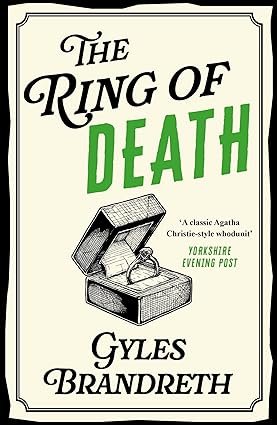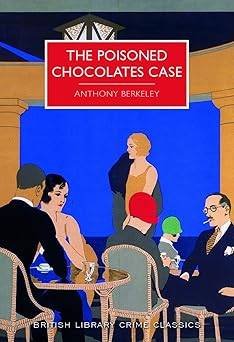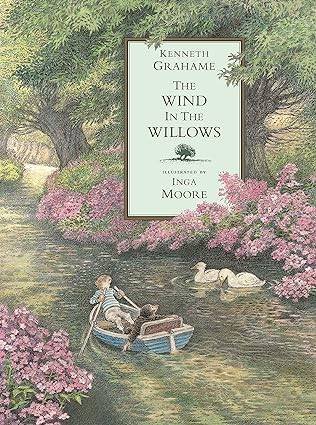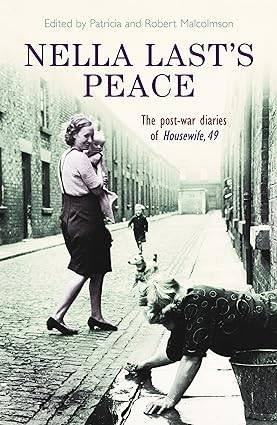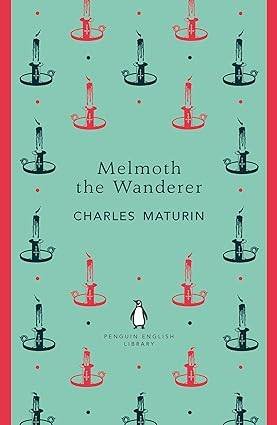Home » Book Reviews » Marie Belloc Lowndes » The Chianti Flask by Marie Belloc Lowndes
Possible spoilers ahead
This is another book from the wonderful British Library Crime Classics series, which is a series I adore, partly because I can never resist building up a collection and to own all the books in this series is just soooo tempting (!), partly because I love Golden Age murder mysteries and this is what this series mainly publishes, but a huge part is that I very much admire their aim of republishing books which have long been out of print and bringing them to the public’s attention. This book sounds very intriguing from the blurb on the back, as Laura Dousland is on trial accused of murdering her elderly husband, and the poison is believed to have been administered in…yes, a bottle/flask of red wine chianti! Grab your copy and let’s read it together!
The dead man is Fordish Dousland, and it is decided by the authorities that he was either murdered or the poison was by his own hand and he committed suicide. His wife is Laura and she is accused of the murder and standing trial for this. Her friends and ex-employers (she used to be their governess) are Alice and John Hayward. The chief witness against Laura in court is Angelo Teruigi, the Douslands’ servant, and he is giving evidence about the now missing chianti flask/bottle. The Douslands’ doctor is Mark Scrutton, the police officer is Inspector Jarrett, and Laura’s solicitor is Sir Joseph Molloy. Hmmm, this feels like a very unusual book right from the beginning as it starts in the courtroom, whereas the courtroom scene is usually at the end of a book, so immediately it has made me wonder where we could possibly go next if the accused’s guilt/innocence is going to be established so early on! I was also surprised that the reader doesn’t hear the evidence against Laura so we can’t make up our own minds about her guilt or innocence, and I didn’t even fully understand quite what evidence had been discovered to cause her to be accused. I also wonder how the story is going to be told, is it to be narrated by one of the main characters and we see the process from their point of view, or are we to stay as observers throughout the book? And if Laura is found innocent (or indeed, if she is found guilty but with sufficient suspicion that she didn’t actually commit the crime) are we going to follow the process of deducting the possible guilty party? Though there is of course still the question of if he was murdered or if he actually committed suicide. This book feels a bit like it’s breaking the rules of a murder mystery by differing from the usual structure, in a very intriguing and interesting way!
Laura is declared innocent of murder, mostly due to Dr Mark’s statements that the dead man regularly said that he was going to destroy himself and that he was also prone to low mood and to jealousy. Laura is exhausted after the trial and goes to stay with her old employers and friends, the Haywards, but Alice Hayward seems not to understand Laura’s exhaustion and pushes her to attend social engagements which she doesn’t feel up to. Alice is also puzzled at how different Laura now seems (from how she remembered her as their governess) and how different she is from how Alice had expected her to be having just been found innocent of murder, and also how Laura seems to switch between displaying weakness and apathy and then displaying firmness and hardness, and she is also puzzled that Laura doesn’t want to speak about the trial and her husband and the chianti flask. John Hayward feels regretful that he hadn’t tried to dissuade Laura from marrying Fordish as he had always thought of Fordish as an odd man. Dr Mark is aware of how fragile and worn Laura seems and of the enormous toll that all this has taken on her, and he feels very protective towards her so he offers his secluded cottage to her for her to stay in, and she accepts this offer. Mark and she later declare their love for each other. Hmmm, this still seems a very unusual style of book as there is no narrator and any thoughts and reflections we get aren’t from a first person point of view, they just come from the person chatting to another person, so these thoughts and reflections inevitably aren’t as in-depth or revealing as I’d want them/expect them to be. Most of Laura’s reflections are on the horror of the three months she spent in prison and the shame and degradation she felt at being arrested and imprisoned and how she coped with this by turning to apathy (though she’s aware that others saw this as her being courageous), and how she feels like she is now a different person and her struggles to deal with that, and also the pressure she feels of not disappointing those who supported her and her need to demonstrate gratitude for this support, as well as apprehension about her life ahead and what this could look like, though she knows she wants peace and solitude but needs to earn a living. But there is very little from her about her husband and how she felt about him or their marriage (though she has given a hint that she wasn’t happy in her marriage) or about how she feels about his death. At times I still have a small suspicion that she could have actually murdered her husband (mostly because of the wonderful twist that would be!), but then a second later I discount this as being so unlikely after she was found innocent and she seems so vulnerable and to doubt herself and to be prone to low mood (and I am concerned at her often speaking of killing herself). Arrrgh, it’s so confusing and I am finding it very difficult to make up my mind about her! And all the characters’ different views of her are intriguing but also confusing, from Alice’s puzzlement, to Dr Mark’s pity, to her solicitor’s view of her as innocent and honest and sweet-natured and a truly good woman who deserves only happiness. It again seems so unusual that the main character’s/suspect’s nature isn’t being revealed to the reader. I’m wondering if the main aim of the book is a psychological study of how someone deals with a traumatic incident such as being accused of murder, how they retreat into their thoughts and how it haunts them even after it is over, how they are expected to be delighted at being found innocent and to have their life given back to them, and the expectation that they will immediately return to the person they were before they were arrested and how impossible this is for them, and what a conflict of emotions they go through. I’m also wondering if the style of this book will be that the story of Laura’s life and experience and choices and struggles will just be told via other people’s view of her, and then the puzzle of the book (rather than the puzzle of if the dead man was murdered or not, and who did this if he was murdered) will actually be about which is the correct view of Laura (so a little like a Shirley Jackson book, more psychological and more a study of a person, and also with a great deal of ambiguity and lack of answers and just leaving the reader to make up their own mind!). Or is the book to be a study of one person’s effect on those around her, as Laura certainly does seem to generate some strong feelings in people, and I was quite nervous when Mark thought to himself that if he doesn’t have her love then he will kill himself, and this then also made me wonder if Fordish had felt this also and had killed himself if he became aware that she didn’t love him? Which then makes me wonder if the twist is going to be that Laura unintentionally causes a kind of obsessive feeling in the men in her life, that they feel so intensely about her that they decide they will kill themselves if they can’t be with her (and if so, could she actually be aware of this and recognise and thrive on this manipulative power she has over men?)? Arrrrgh, so many questions! This is such a clever and unusual book, and I am full of admiration at the author’s ability to have me questioning how the book will unfold when we are really already quite far into the book, I seem to be doing far more thinking and puzzling about the style and aim of the book than I am about who the murderer could be, this definitely isn’t the regular whodunnit and I’m aware I’m spending less of my time recording incidents from the books and speculating about clues and suspects and instead I’m spending more time recording my speculations about what direction the book will go in! I am a little surprised though that there doesn’t seem to be any further investigation into an alternative murderer and that it seems to be just assumed that Fordish committed suicide, as we still have the puzzle of where the flask went and if he did commit suicide then it seems unlikely that he would have disposed of this flask. Admittedly, I’m not convinced myself that he was actually murdered but I’d like to feel that some kind of investigation into the possibility is still going on, not just this assumption that there is no guilty person!
Mark is gardening at Laura’s marital home on his way to collecting her from the Haywards’ where she’s been staying for a few days, and he finds the chianti flask buried there. He knows immediately that Laura did kill her husband. Oooh, I was really shocked when Mark found the flask, eeek! But I was a bit surprised he immediately leapt to the conclusion that this meant it had been buried there by her and she had killed Fordish, as couldn’t those things have been done by Angelo, the servant? But omg, Fordish was murdered then, I still can’t quite believe it! I know I’ve always had a small wonder if he was, and indeed a small wonder if Laura had actually done the murder, thinking it would be a good twist, but I had kind of discounted this as the book went on, with no searching of another culprit and no further involvement from the police and the general assumption Fordish had committed suicide, so it actually feels like quite a shock to find that he was actually murdered, and presumably (well, Mark certainly presumes) that she actually killed him.
Mark goes to meet Laura but is unable to act quite as his natural self, and she is concerned that he is unwell. He drives to a wood where he tells her to wait in the car, and he then walks a distance and buries the flask. However, she has followed him (still worrying that he is unwell and acting oddly) and she sees him bury it. She then explains to him what happened that night. She says she didn’t plan it beforehand, and that her husband had sent her to get the flask of wine from the living room and she then saw the rat poison on the side that Angelo had left there, and poured some into the flask without really thinking about it, as she had been worn down and overwhelmed by her husband’s demands. She says she was shocked when she found him dead the next morning, as part of her thought she’d just dreamt doing it. Omg, so she did do it then! But it still seems an odd kind of explanation, it seems like she almost did it in a dream-like state rather than it being premeditated, and if I’ve understood correctly she seems to be hinting that it was her husband’s demands to sleep with her which made her dread and hate him and had reduced her to this overwhelmed state? I think it was 1934 when the book was published, so perhaps these marital things weren’t stated in books then and were instead just hinted at, but it’s left me a bit confused as to her motive for killing him.
Mark is distressed at hearing her admit what she has done but implies that he does still want to marry her, however she feels that he is now looking at her as if she’s a different person and she walks away from him seeming to be planning to kill herself. Well, I am completely puzzled by the end of this book and completely unsure if I have understood it correctly! It seemed to me like Mark was saying that he would help her conceal the crime and assuage her guilt in some way? Is this what he means by ‘I can’t give you up, Laura…what has to be expiated we can and will expiate together’? But the word ‘expiate’ means to make amends, doesn’t it? So does he mean that he will help her make amends for her crime? But how? She can’t be tried again for it, can she (after already being on trial once and being found innocent)? Does he mean that they will make an effort in their lives together to do good deeds in order to kind of pay back the crime? I’d wondered if he’d intended to kill her, as she can’t now be tried and hanged, as would traditionally happen, but she will have then paid for her crime with her death (this is what I first suspected when he drove her to the lonely wood) but I can’t really believe this is what he meant as surely then he’d have said that he’d help her expiate it, not that they would expiate it together (‘we can and will expiate together’). I am thoroughly intrigued by the choice of those last words, the more I think about them the more they puzzle me, as his final words could have been instead words of forgiveness and love. Or are they actually words of forgiveness and love because he is demonstrating that he accepts her guilt and will be joined with her in the future? Or…does he mean that he will help her kill herself, and this is therefore her making amends for her crime? But then I go back to this ‘we’ bit, so does he mean that they will kill themselves together?!! I am now more tempted to think this is what he means, as he seemed so shocked and distraught at the discovery of her guilt and that she wasn’t the gentle vulnerable woman he had thought she was that I can’t really imagine him happily living with her knowing what she’d done. And I even wonder if this is again a reference to how she perhaps causes intense obsessive and potentially self-destructive feelings in men, like they can’t live without her (as I’d wondered about before), is that what Mark is experiencing now? Arrrghh, how can the book just end there?! I feel like I am left hanging on and completely dissatisfied that I don’t know what Mark intends for them to do. And also what she understands him to mean and her thoughts about it, and what actually does happen to them! What is Laura’s response to his words, why don’t we get this? Does she accept his suggestion (whatever that might be, arrgh!), or does she still stick to her original plan to kill herself (as it seemed to me that she was planning to do)? I am very intrigued at the author’s choice to have the book end in this way, not just with that ambiguity of what Mark’s words mean but also by having the final words of the book spoken by Mark rather than by Laura, and not even to give any indication of how she felt about his words, after she’s been the main character throughout this book. This has to be one of the most puzzling endings to a book that I’ve ever read, and I am desperate for an explanation of it from someone!
But wow, what a remarkable book and author! Again, I am full of admiration of what a brave and unusual writer this author was, and I can’t believe how much she has made me wonder and ponder and speculate and think about her aims all the way through this book, and is still making me wonder and ponder and speculate and think about her aims now I have closed the book! What a great read, so very interesting and unusual, and I’m left with the impression that this is really quite a memorable and special book with how it differs from the usual styles and conventions of the murder mystery novel and my feeling that it is in effect almost challenging these styles and conventions. It definitely feels more of a psychological book, with it seeming to concentrate more on the effect on the characters and with its more observational style rather than having a narrator give their point of view, so perhaps it even shouldn’t be grouped in with that murder mystery whodunnit genre? I’m definitely keen to read more of her books and see what else she wrote, and I see she wrote The Lodger which is apparently her most famous and well-regarded book so I must read that. The Terriford Mystery apparently also details a trial (as in The Chianti Flask) so that sounds interesting, and The Story of Ivy sounds fascinating as the blurb for this book seems to imply that the reader knows from the beginning who the murderer is (which also reminds me of another book I have purchased and am meaning to read which sounds very much like the reader knows the murderer from the start, Malice Aforethought by Francis Iles), and oooh, The Lonely House sounds particularly interesting as it features a detective, Hercules Popeau (who amazon says may have been Agatha Christie’s inspiration for Hercule Poirot!) so I’m guessing this will then be written from the point of view of the detective so therefore quite different from this book (or perhaps not (!), maybe I shouldn’t presume things given how unusual this author seems to be!). And as her style reminded me somewhat of Shirley Jackson (though perhaps I was alone in feeling that, as I’m not really that familiar with Shirley Jackson’s works only having read one book by her) I am now keen to re-read her amazing (though puzzling!) book The Haunting of Hill House. And of course, I am always planning my next British Library Crime Classic purchase and read, and I don’t choose these books in any particular order or reason, sometimes I just pick the books up at charity shops and sometimes there are titles that sound soooo intriguing that I just have to buy them right away, and sure enough The Wheel Spins by Ethel Lina White sounds like my possible next purchase as this was apparently the book Alfred Hitchcock based his wonderful film The Lady Vanishes on (I love that film)! But grrrr, I wish wish wish wish I understood fully the ending to The Chianti Flask, I have searched and searched online and no-one seems to give the explanation, sigh!
